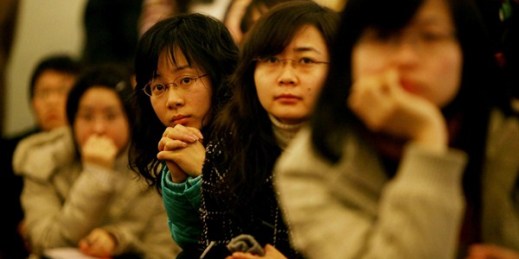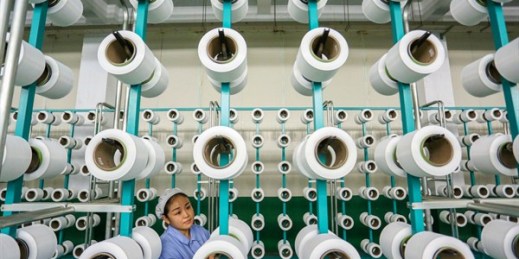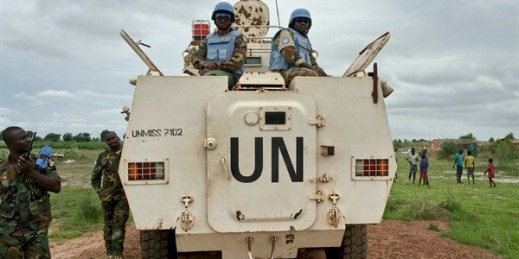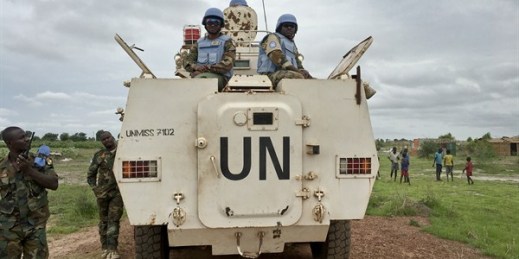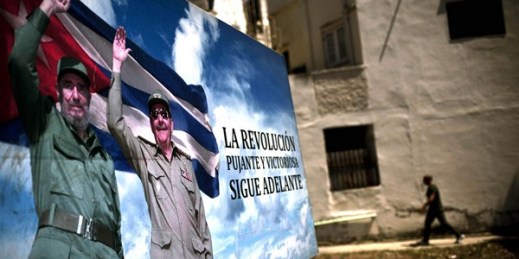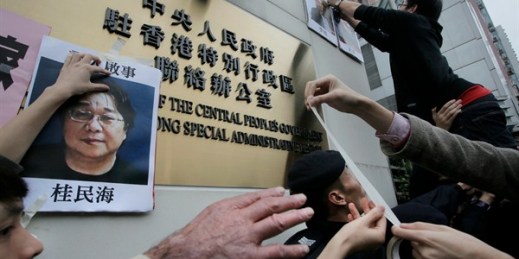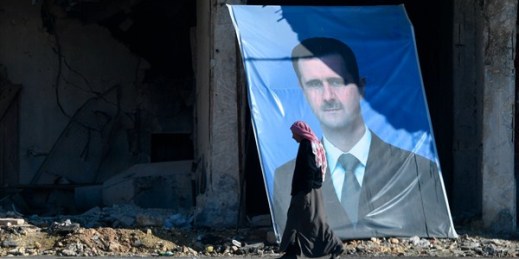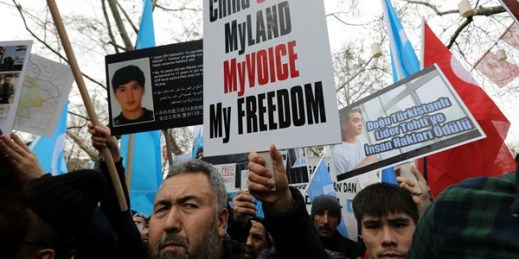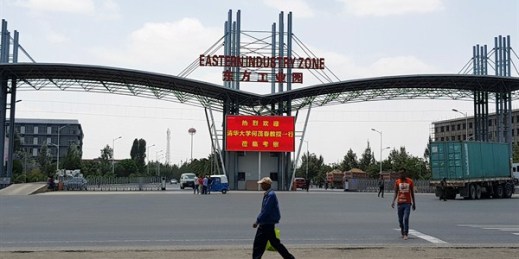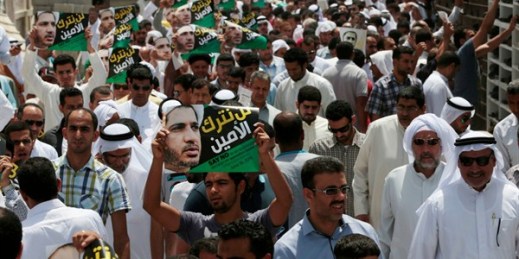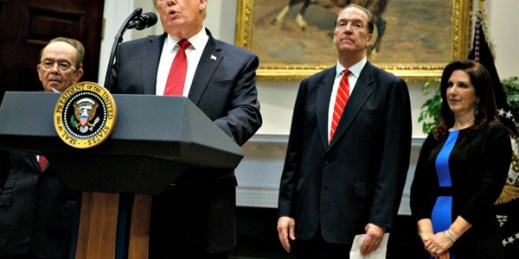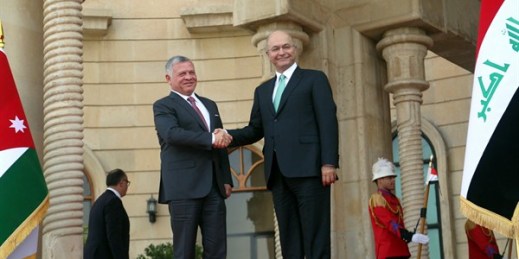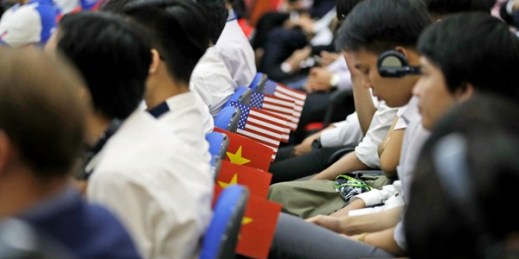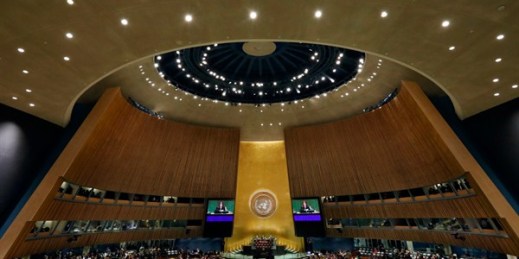
The high-profile arrests last month of a former Polish intelligence official and a Huawei executive in Poland have stoked an ongoing policy debate in Warsaw over how to calibrate its relationship with China. The 16+1 framework, which Beijing introduced in 2012 to promote engagement with Central and Eastern Europe, raised expectations among Polish officials for increased Chinese investment and trade ties. But those hopes have been slow to materialize, and in the meantime, national security concerns, primarily over espionage and Beijing’s long-term goals in the region, have grown. In an interview with WPR, Patrycja Pendrakowska, president of the board at […]

